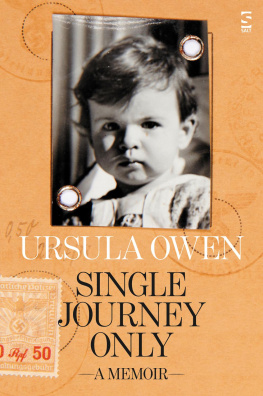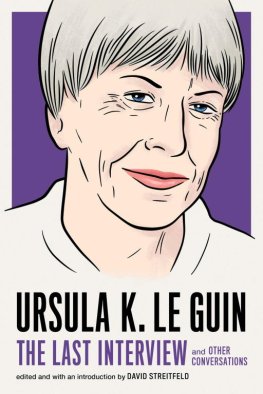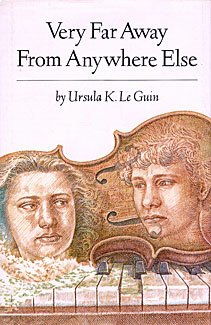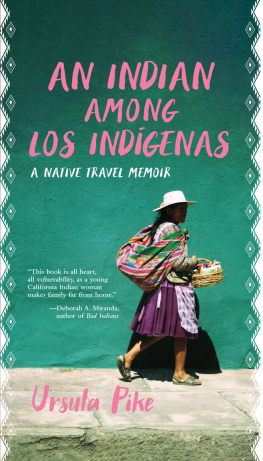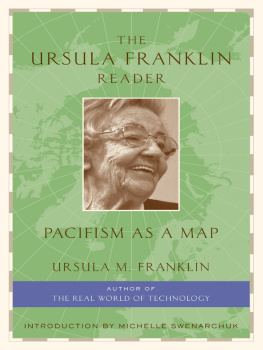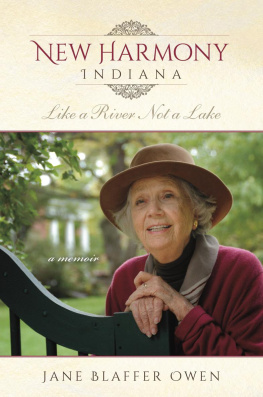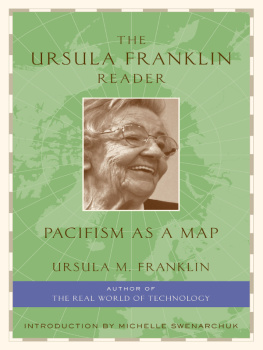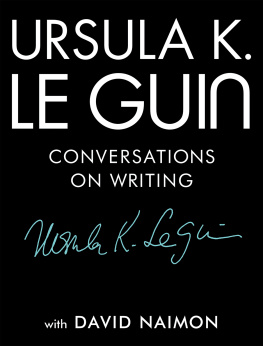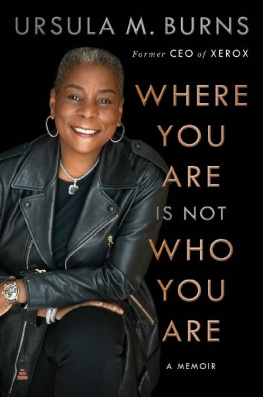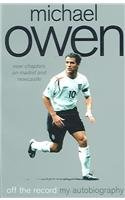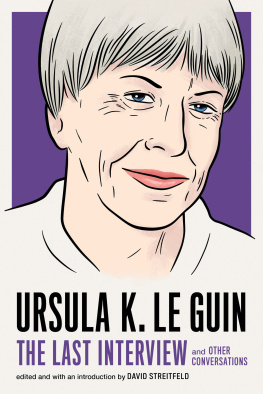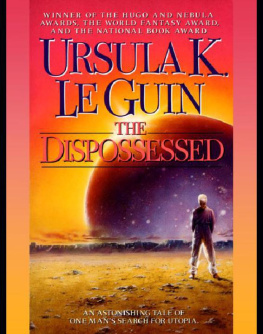Ursula Owen - Single Journey Only: A Memoir
Here you can read online Ursula Owen - Single Journey Only: A Memoir full text of the book (entire story) in english for free. Download pdf and epub, get meaning, cover and reviews about this ebook. year: 2019, publisher: Salt Publishing, genre: Home and family. Description of the work, (preface) as well as reviews are available. Best literature library LitArk.com created for fans of good reading and offers a wide selection of genres:
Romance novel
Science fiction
Adventure
Detective
Science
History
Home and family
Prose
Art
Politics
Computer
Non-fiction
Religion
Business
Children
Humor
Choose a favorite category and find really read worthwhile books. Enjoy immersion in the world of imagination, feel the emotions of the characters or learn something new for yourself, make an fascinating discovery.
- Book:Single Journey Only: A Memoir
- Author:
- Publisher:Salt Publishing
- Genre:
- Year:2019
- Rating:5 / 5
- Favourites:Add to favourites
- Your mark:
- 100
- 1
- 2
- 3
- 4
- 5
Single Journey Only: A Memoir: summary, description and annotation
We offer to read an annotation, description, summary or preface (depends on what the author of the book "Single Journey Only: A Memoir" wrote himself). If you haven't found the necessary information about the book — write in the comments, we will try to find it.
Single Journey Only: A Memoir — read online for free the complete book (whole text) full work
Below is the text of the book, divided by pages. System saving the place of the last page read, allows you to conveniently read the book "Single Journey Only: A Memoir" online for free, without having to search again every time where you left off. Put a bookmark, and you can go to the page where you finished reading at any time.
Font size:
Interval:
Bookmark:
To my wonderful gang of girls
Kadi, Charlee, Kate with Maya, Tally, Leonie
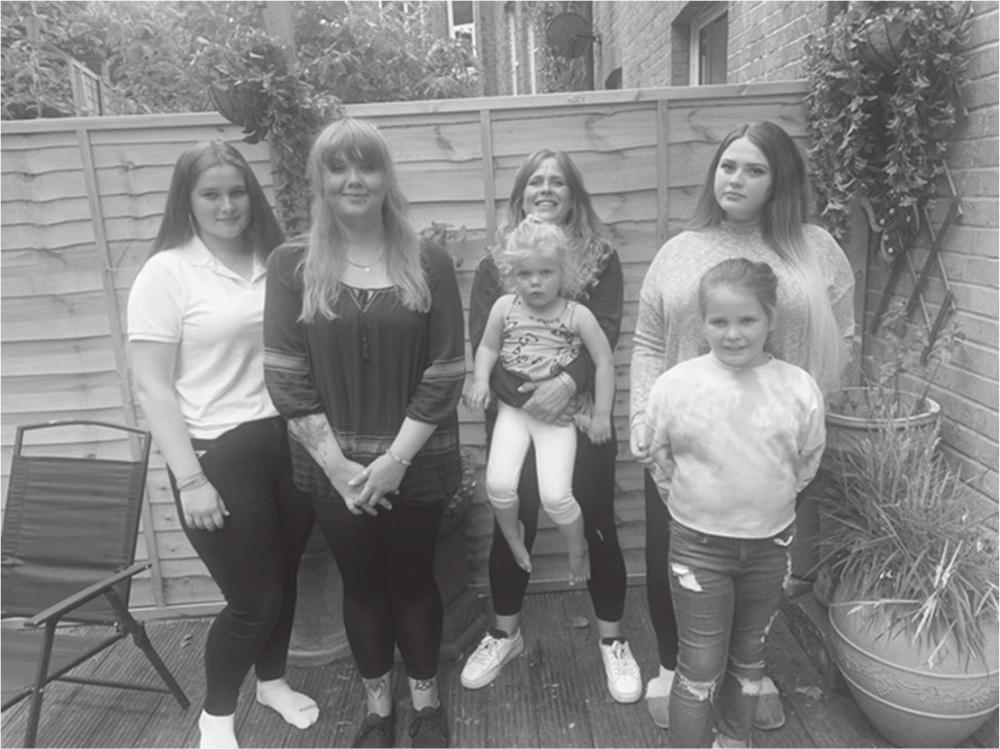
Every migration, irrespective of its cause, nature and scale, leads to conflicts. Self-interest and xenophobia are anthropological constants: they are older than all known societies. To avoid bloodbaths and to make possible even a minimum of exchange between different clans, tribes and ethnic groups, ancient societies invented the rituals of hospitality. These provisions, however, do not abrogate the status of a stranger. Quite the reverse: they fix it. The guest is sacred, but he must not stay.
H ANS M AGNUS E NZENSBERGER
The sense of limitless freedom that I, as a woman, sometimes feel is that of a new kind of being. Because I simply could not have existed, as I am, in any other preceding time or place
A NGELA C ARTER
I TS A CLOUDY March day in 1937. A young woman in her late twenties, dark hair and brown eyes, boards a plane to Berlin at Croydon airport, south of London. The woman is carrying her six-week-old baby. The baby too has brown eyes and a tuft of black hair. My mother later tells me that before the plane reaches Berlin Templehof I start yelling. I am hungry. No German woman at that time may breastfeed her child in public, das tut man nicht.
My mother feels intense relief at getting to Berlin, the prospect of being met by my father, being able at last to feed me. As she walks down the steps of the plane and on to the runway with me in her arms, a fellow passenger, English, distinguished-looking with silver hair and elegant grey suit, turns to her and lifts his arm in a mock Nazi salute. Goodbye, Madam and baby, he says. And he is gone.
An understandable mistake, my mother always said. He thought I was a Nazi sympathiser, returning to the Fatherland to support my Fuhrer. And after all, it was 1937 and who but a Nazi sympathiser would be going to Germany with a baby at such a time?

For the first eighteen months of my life Berlin is my home. I dont return there until Im forty-four, when Ive fallen in love with Bill, a man who is completely English not an un-English gene in him and he has fallen in love with Central Europe and understands it, culturally and politically, better than I do. I begin to take an interest in the German part of myself, something Ive avoided up to now.
In the winter of 1981, Bill takes me to Berlin. I love it immediately; its full of drama and I discover the subversive vitality Berliners are famous for. Its also full of reminders of the Nazi past. As we wander around the Tiergarten in the biting cold across the little bridges over the small lakes, through the birch tree woods, down the tree-lined avenues into the open meadows. I imagine how it might have been if this was where I had grown up. We travel on the S-Bahn to Dahlem, the suburb where I lived with my parents and brother for t hose first eighteen months. I walk down Knigin-Luise-Strae and it looks very familiar. Theres a watery sun in the sky and its very cold. I hear German all around me and it sounds like the language I belong to. I have heard it all my life. We reach the place where our house was. I knew that it was no longer there bombed in 1944. Theres a nondescript one-storey building in its place. I walk up the side of it and Bill takes a photograph of me. I begin to weep and I cant stop. Im thinking about how envious I have so often felt when people are able to claim the place, the house, the territory that they come from. Now I feel overwhelmed by a sense of loss. The past feels like home. I feel an urge to reclaim it, but I dont know how.
I N F EBRUARY 1933, a month after Hitler became Chancellor, my mother, Fips, discovered she was pregnant. My parents were people who planned ahead; they found uncertainty and disorder difficult. A perspicacious friend of the family suggested they must prepare for the worst: Hitlers intentions towards Jews, he said, were clear and malign. My mother should go to England to have her child, giving the baby British citizenship, which would make emigration easier if that time were to come. So, my brother Peter was born, a forceps delivery, on a cold November day in Leeds, where my mothers aunt Flora part of a branch of the family that had left Germany a generation earlier had settled. Fips returned to Germany two weeks later.
By the time of Peters birth, the Nazi Party had already done the groundwork for its brutal regime; the establishment of the first concentration camp, Dachau, the formation of the Gestapo, the beginnings of forced sterilization. My parents had as yet no definite plans to leave Germany. For the time being my father Werner was able to continue his work. He was a chemical engineer in the Jewish family firm, Gesellschaft fr Electrometallurgie, GfE an international company dealing with non-ferrous metals and providing alloys for the German rearmament effort.
But for others in the family, life was deteriorating. By 1933, Werners sister, sweet round-faced Ilse, three years younger than him, had been prevented from completing her medical studies. In 1935, Hans Sachs, my paternal grandfather was retired, for explicitly racial reasons, as director of cancer research in Heidelberg.
At home in Dahlem, Peter, now aged three, repeatedly refused to give the Heil Hitler salute at kindergarten, making my mother increasingly anxious. She herself was regularly defiant. She continued to go into boycotted Jewish shops and at my fathers office outing to the 1936 Olympic Games, she refused to raise her arm in salute, shaming the woman next to her into lowering hers. This at a time when Nazi propaganda had manipulated mass opinion and paralysed opponents, when constitutional rights had been suspended, when public humiliation of Jews was commonplace in streets and schools and when living in fear of denunciation or the doorbell ringing at an unusual hour was part of daily life for Jews.
Then Werner accidentally ran his car into an SS officer on a motorbike. He was lucky. The officer rang him that night to say hed prefer my father not to report the accident as his insurance was out of date. Another reminder that something could happen to them at any time.
At the end of 1936, my mother went to England, this time to Oxford, again to give birth, where Ilse had settled that year in a community of refugees and sympathetic academics. Peter stayed with my grandparents in Heidelberg. I was born in the Radcliffe Infirmary on January 21 1937, a week later than expected. My father came for the birth but had to hurry back to Germany for work.
It was an easy birth and my mother had family and friends around her. She told me later she loved the hospital staff and felt well looked after, only briefly alarmed when they whisked me off to open up a closed tear duct, returning me to her with a huge bandage round my head. She felt relief at being away from the stresses of life in Germany. It was a happy time for her and she stayed for six more weeks.
Dahlem, to where my mother and I were returning on that March day in 1937, is a prosperous suburb of Berlin, wide tree-lined streets with large villas near woods and lakes. I have a persistent memory of being wheeled in my pram, past the post office, down Knigin-Luise-Strae. We lived in a large apartment at number 30. Apparently I cried at night, having got used to night feeds in the Oxford hospital and my parents put me in a room in the farthest corner of the flat, where we couldnt hear you something of the strictness of a Truby King regime, though Im sure they knew nothing about him. After a week, my father said, I stopped crying. I have later memories of my mother singing my brother and I to sleep with her light tuneful voice
Font size:
Interval:
Bookmark:
Similar books «Single Journey Only: A Memoir»
Look at similar books to Single Journey Only: A Memoir. We have selected literature similar in name and meaning in the hope of providing readers with more options to find new, interesting, not yet read works.
Discussion, reviews of the book Single Journey Only: A Memoir and just readers' own opinions. Leave your comments, write what you think about the work, its meaning or the main characters. Specify what exactly you liked and what you didn't like, and why you think so.

